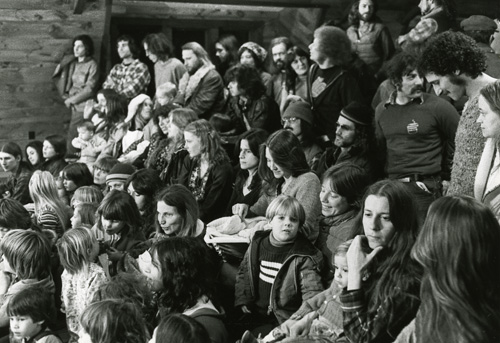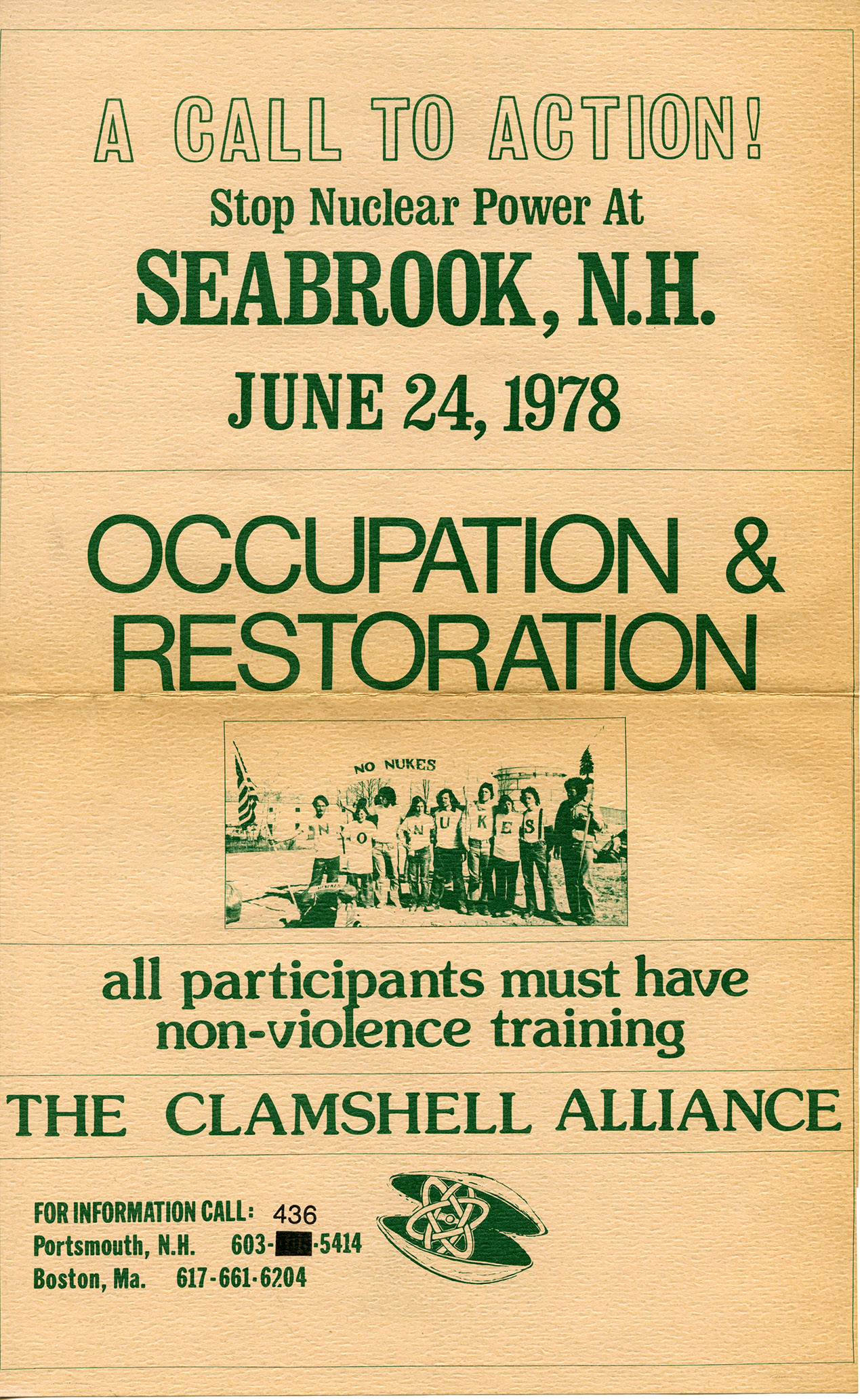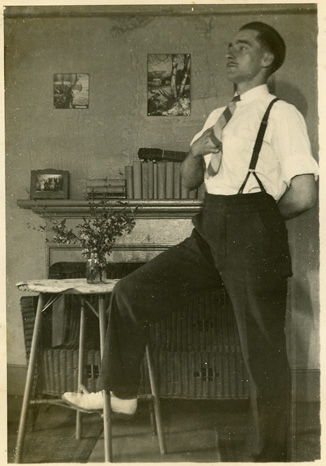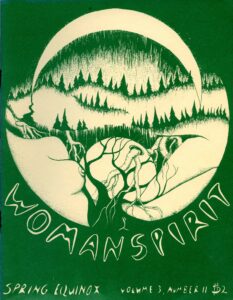Myra A. Gallond Autograph Album
Myra Gallond (1849-1924) was the eldest daughter of the proprietor of a successful boarding house and livery stable on South Prospect Street in Amherst, Mass. After marrying Henry E. Paige, a veterinary surgeon and brother of Massachusetts Agricultural College faculty member James B. Paige, Myra maintained her own boarding house on South Prospect.
This diminutive autograph album was assembled in Amherst, Mass., between 1867 and 1874, presumably at the boarding house Myra Gallond’s family operated on South Prospect Street. Gallond’s long association with nearby Massachusetts Agricultural College included taking in boarders from the school and working there briefly as a housekeeper, and she was the sister-in-law of one of the college’s best known faculty members. Several of the College’s earliest students appear in the album, including three of the first international students, Saitaro Naito (Japan), Gabriel Codina (Spain), and Elesbam Fiuza Barreto (Brazil) and several from the Pioneer Class of 1871.





